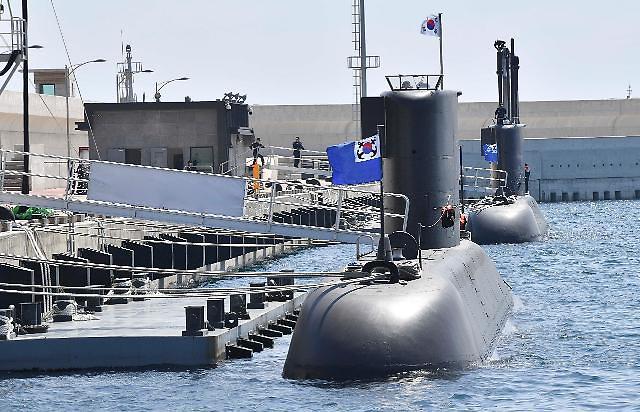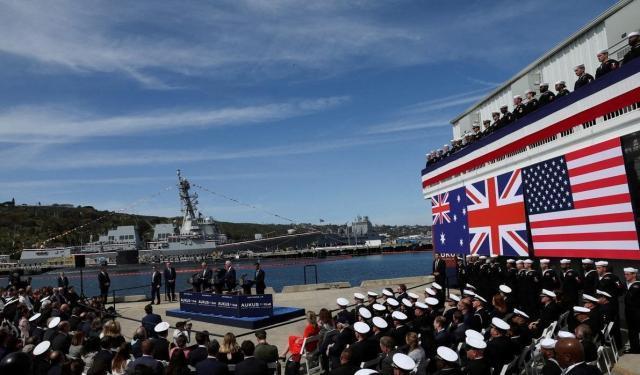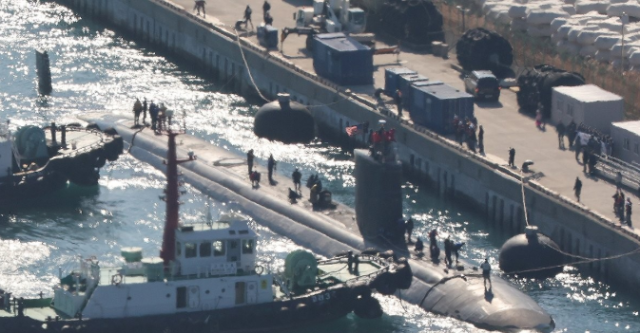
[Courtesy of ROK Navy]
South Korea has carried out the preliminary design of a diesel-electric submarine carrying lithium-ion batteries. A prototype for performance verification will be produced by the first half of next year, according to the Defense Acquisition Program Administration (DAPA), a state body controlled by the defense ministry.
South Korea has a three-stage project to develop a fleet of submarines. Through the first phase, nine 1,200-ton diesel-electric submarines have been built with technical help from Germany’s Howaldtswerke-Deutsche Werft (HDW). The second phase calls for the construction of six 1,800-ton vessels. Through the third phase, submarines of 3,000 tons or more are to be built with indigenous technologies.
The first 3,000-ton submarine unveiled in 2018 carried lead-acid batteries which are relatively inexpensive and reliable. Submarines using lead-acid batteries surface regularly to vent poisonous fumes created in the processes of cooling and charging. DAPA was upbeat over the development of lithium-ion batteries, citing advanced technologies accumulated by South Korea's battery industry.
Still, safety and reliability will be prioritized for the development of lithium-ion batteries for submarines, DAPA said, adding that a harsh test environment was set to prevent explosion during research and development. Before loading lithium-ion batteries into submarines, DAPA said it would verify performance and safety at land test sites
With the development of lithium-ion batteries for submarines, South Korea can strengthen submarine performance and secure competitiveness in large-capacity lithium-ion battery technology, Cho Dong-jin, who is in charge of DAPA's submarine development, said in a statement. "We expect to gain an edge in submarine exports in the future, considering the global competitiveness of our lithium-ion batteries."
Copyright ⓒ Aju Press All rights reserved.




View more comments